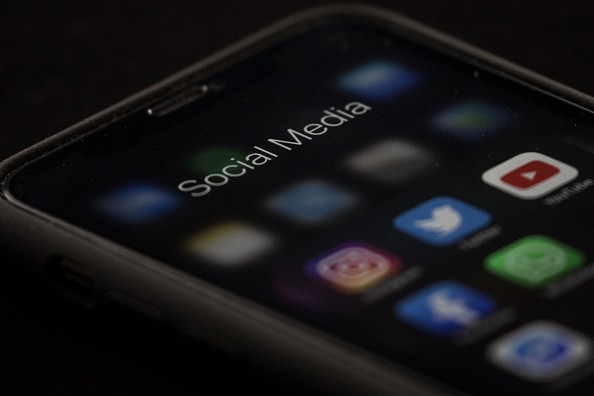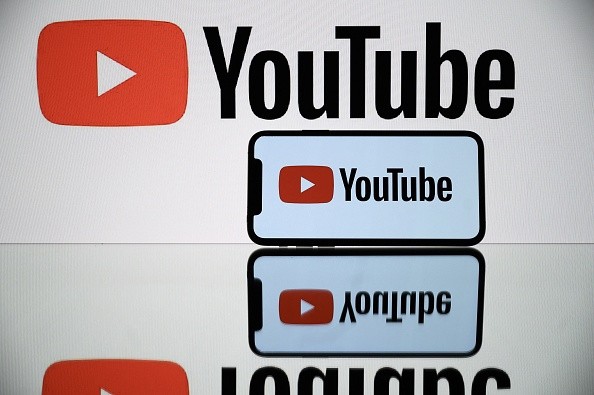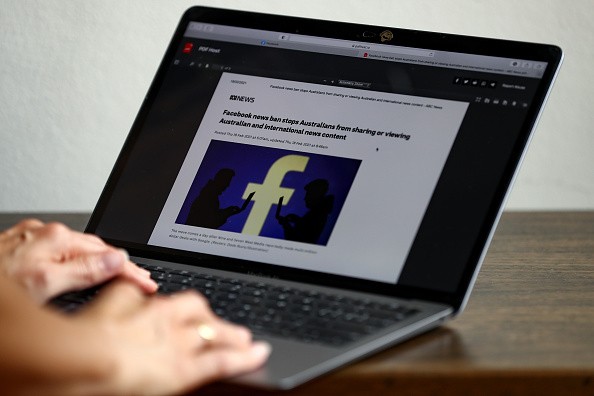Popular social media platforms remain a hotbed of fake news from climate change deniers, according to a recent report.

The report comes from environmental nonprofits Friends of the Earth, Greenpeace USA, and Avaaz, Gizmodo wrote. They took a closer look at the content being shared on Twitter, TikTok, and Facebook and concluded that climate crisis denial remains rampant despite these companies' concerted efforts to combat the misinformation.
As per their report, Twitter takes the cake as the absolute worst social media platform to get your info about climate change. It is followed by TikTok, Facebook, and YouTube, in descending order. An exciting takeaway, however, is that Pinterest is the relatively better choice for accurate information. However, this could just be chalked up to the platform's purpose as an online imageboard.
Here's a statement from Rebecca Lenn, the author of the report (which you can check out in full) and a senior advisor at Avaaz, about the findings of their analysis:
"This leaves researchers, advocates, and lawmakers powerless to judge whether the social media companies are acting responsibly in building and regulating their own platforms. They are largely leaving the public in the dark."
How The Analysis Worked
To come to their conclusion, the environmental nonprofits judged the five social media platforms on a 27-point assessment system. 27 is the highest rating and therefore means that the platform always shares accurate information about the climate.
The assessment system (which is public on Google Docs) was comprised of yes or no questions. Each question asks whether the company has implemented specific rules and regulations to combat climate-related fake news and whether the company has been transparent enough to provide relevant content to researchers, policymakers, and the general public to help track and curb the spread of these misinformed posts.
Twitter only managed a measly 7 points, followed by TikTok's 7, and Facebook's 9 points. Both YouTube and Pinterest managed 14 points in comparison.

The Growing Problem Of Social Media Being Used For 'News'
Gone are the days when accurate, trustworthy information could only be sourced from peer-reviewed sources, established news networks, and the like. Now, people are content with - and readily believe - what posts on social media say.
A report by Pew Research revealed the scope of the problem, and it is alarming. Around half of Americans get their "news" from Facebook, Twitter, and any other social network platform, with no intention of checking whether the information they get is factual or not.

Another alarming thing is that the percentage of these users who get their news from the aforementioned sites hasn't gone down since 2020. This was one of the most critical times for online misinformation, too, considering it was during the height of the US presidential elections and the first outbreak of the pandemic.
While the likes of Facebook have said they're doing what they can to solve the problem, things really haven't changed much. Even a Facebook (now Meta) executive blames the users themselves for the spread of fake news on the site, which has garnered understandable backlash.
Related : Social Media Companies To Be Held Accountable For Spread Of Fake News By Newly Filed NY State Bill
This article is owned by Tech Times
Written by RJ Pierce
ⓒ 2025 TECHTIMES.com All rights reserved. Do not reproduce without permission.




